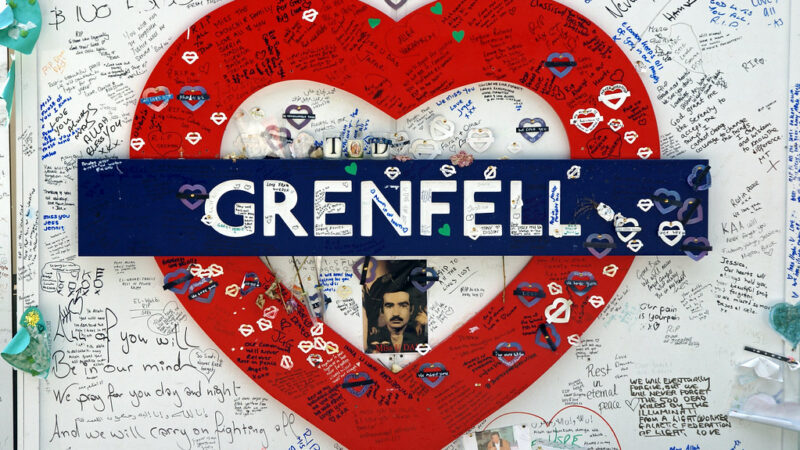Upcoming legislation must give a real voice to social housing tenants.

The second phase of the public inquiry into the Grenfell Tower fire has just started. As it does, the broader questions of precarity, poverty and inequality experienced by many social tenants should come more into focus.
Although not a homogeneous group, social tenants are generally more economically marginalised than home owners and private renters. Increasingly, precarious lives are becoming the norm, while poverty and inequality leave their mark on lives and life chances.
Around 6 in 10 social tenants are classified as being part of the ‘new’ precariat class while almost half live below the official poverty line. Economic inequalities between social housing and other tenures are also stark.
For example, the average wealth of outright homeowners is 42 times that of social tenants. Three quarters are ranked in the bottom two fifths of the income spectrum, with the average social tenant income being just 45% that of the average homeowner.
Almost 1 in 10 social homes are located in the 1% most deprived neighbourhoods in England, with 1 in 3 to be found in the 10% most deprived. Over half of social tenants live in ‘urban diversity’, as defined in the English Housing Survey, compared with 9% of homeowners and 22% of private renters. A further 37% of social tenants are categorised as ‘financially stretched’; more than double the rate for other tenures.
Few groups have been hit harder by austerity than social tenants, with the government’s largest cuts targeting social housing investment, local services and welfare benefits.
One result of austerity on social housing has seen tenants become the largest tenure group (at 57%) to rely on food banks to feed their families as benefit cuts bite and the roll-out of Universal Credit remains chaotic.
It’s perhaps not surprising, given these high levels of deprivation, that populist causes to have appealed to many social tenants: 7 in 10 voted for Brexit.
Unlike some politicians, the right-wing media, and poverty porn TV, pointing out these troubling realities is not intended to heap stigma on social tenants, but to highlight the deep unfairness of the British class system and the unequal distribution of resources.
Despite the stigma social tenants face, the majority make significant contributions to their communities and local economies. That’s one reason why many tenants are demanding a much greater say in the management of their homes.
This will require the forthcoming Social Housing Green Paper (a relic of the May government) to fully embrace mutualism and transform social landlords into community-controlled bodies – ensuring that the chances of a future Grenfell Tower are drastically reduced.
Kevin Gulliver is Director of Birmingham-based research charity the Human City Institute, former Chair of the Centre for Community Research, and part of the SHOUT save social housing campaign. He writes in a personal capacity.
To reach hundreds of thousands of new readers we need to grow our donor base substantially.
That's why in 2024, we are seeking to generate 150 additional regular donors to support Left Foot Forward's work.
We still need another 117 people to donate to hit the target. You can help. Donate today.



